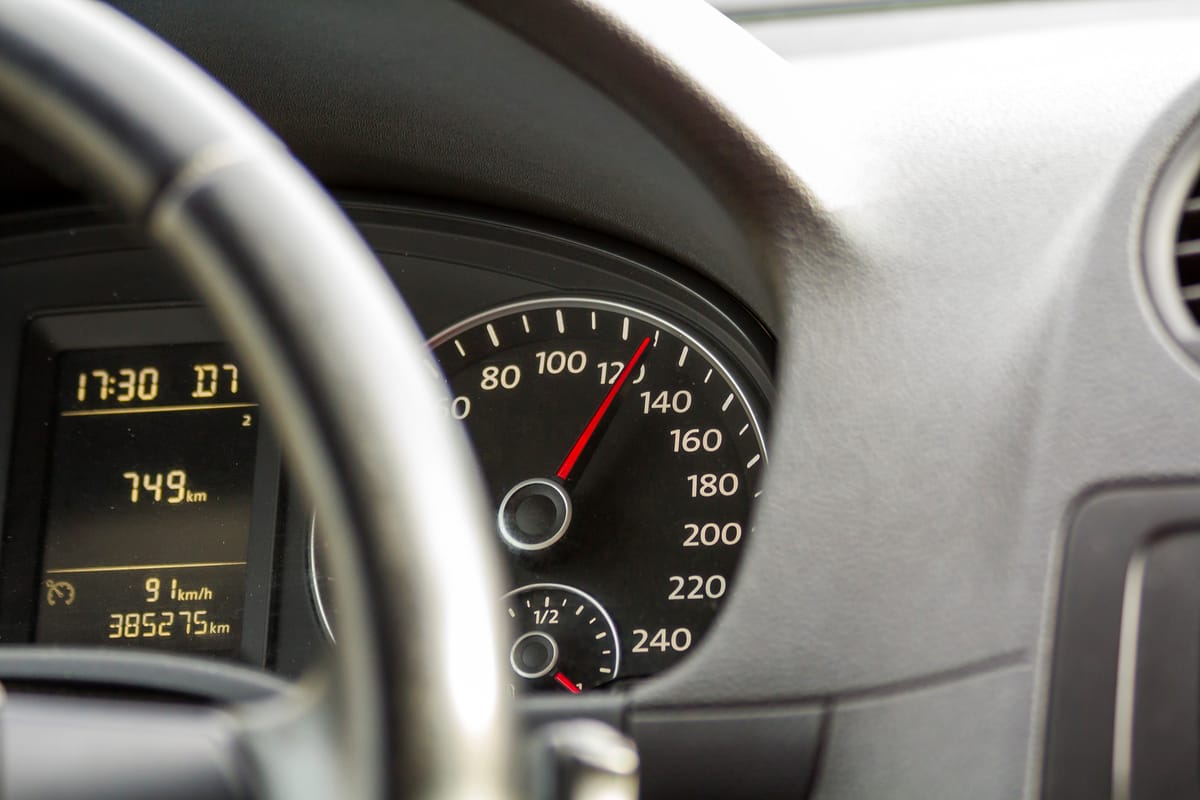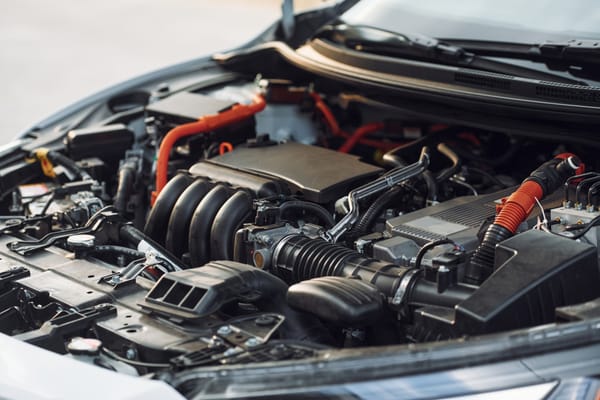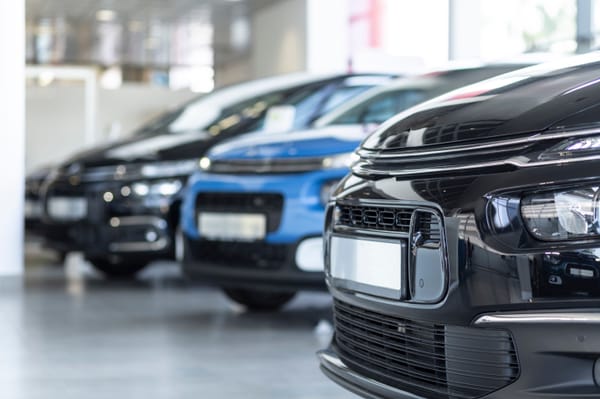How Many Kilometres Can a Car in Kenya Cover Over Its Lifetime?

Some cars seem to have a stubborn streak. They keep going, year after year, quietly racking up the kilometres as they weave through Nairobi’s traffic or bounce along the red-dust roads upcountry.
If you’ve ever wondered, “How much further can this car really go before it’s time to say goodbye?” you’re not alone. It’s a question that pops up in every car owner’s mind, especially as the kilometres start to stack up.
In Kenya, where most cars are already seasoned travellers by the time they reach our driveways, the answer is as much about care as it is about numbers.
Let’s talk about how long your car will last on Kenyan roads.
The Journey Begins Before You Drive - Why Most Cars Here Have a Head Start
Take a stroll through any car yard in Kenya, and you’ll spot a familiar pattern: nearly every car is foreign-used and or imported. So, by the time you get the keys, your “new” car has already had a life elsewhere-often in Japan or the UK, usually eight plus years old.
That means that your mileage isn’t starting from zero. Most of these vehicles come with tens of thousands of kilometres already on the odometer.
But this is not a problem if the car’s been cared for. In fact, many Japanese imports come with meticulous service records. Still, it pays to check.
Look for auction sheets, ask about the car’s history, and don’t be shy about getting a mechanic to give it a once-over before you buy.
What’s Realistic for Kenyan Roads?
Globally, a well-looked-after car can easily reach between 200,000 and 300,000 kilometres. In Kenya, that’s still within reach, but our roads and climate do their best to test a car’s resolve.
Some brands, like Toyota and Nissan, have built a quiet reputation for long service here, often pushing past 300,000 km with little more than regular oil changes and a bit of patience.
But it’s not just about the badge. The way you drive, the roads you frequent, and how often you visit your mechanic all play their part.
City drivers might find their cars ageing faster, thanks to stop-start traffic and potholes that never seem to get fixed.
Meanwhile, a car that spends its days gliding along the open highway might just surprise you with its stamina.
What Really Makes a Car Last in Kenya?
- Maintenance: This is the heart of the matter. A car that’s serviced on schedule, with quality parts and fluids, will outlast one that’s left to its own devices. Skipping a service might save a few shillings now, but it often costs much more down the road.
- Driving Style: Gentle acceleration, avoiding heavy loads, and steering clear of deep potholes can quietly add years to your car’s life.
- Roads and Weather: Dust, mud, and heat all leave their mark. Cars that spend time in the countryside might need a bit more attention-stronger suspension, better tyres, and regular underbody washes to keep rust at bay.
- Model Choice: Some cars just fit Kenya better. Toyotas, for example, are known for their resilience, while others might struggle with spare parts or our unique mix of city and rural roads. Most of the Japanese cars, for example, are known for regularly surpassing 320,000 kilometres.
- Technological Advances: Features like synthetic oil, better anti-corrosion coatings, and improved engine designs have all helped modern cars go the distance.
Cars That Keep Going
It’s not just theory. There are plenty of drivers who’ve coaxed their cars well beyond the supposed “expiry date.” There’s the famous case of a 2006 Honda Civic in the US that clocked over 1.6 million kilometres on its original engine and gearbox-a wild outlier, but proof that with care, the sky’s the limit.
Closer to home, many Kenyan drivers have seen their Toyotas and Nissan's breeze past 300,000 kilometres, especially when regular service isn’t skipped.
To put it in perspective:
- Saloon cars like the Toyota Camry or Honda Accord, to name a few, typically last around 250,000 to 300,000 plus kilometres with proper care.
- SUVs and trucks often push beyond 320,000 kilometres, especially if they’re well-maintained.
- Hybrids and electric vehicles are catching up fast, with many reaching 290,000 kilometres or more before major work is needed.
Tips to Stretch Every Kilometre
To get the most out of your precious car:
- Keep up with scheduled services, even when life gets busy.
- Use quality parts and fluids; it’s a small investment that pays off.
- Upgrade tyres and suspension if you spend time off the tarmac.
- Don’t ignore warning lights or odd noises-they rarely fix themselves.
- Give your car a wash, inside and out; dust and mud can do more harm than you think.
When Is It Time to Move On?
No car lasts forever. Here are a few signs your vehicle might be nearing retirement:
- Major repairs (like engine or gearbox replacements) are becoming more frequent.
- Rust is spreading to critical areas like the chassis or suspension mounts.
- Safety features or electronics are failing, and replacements are hard to find.
- The cost of repairs is starting to outweigh the value of the car.
If you’re ticking off more than one of these boxes, it might be time to start thinking about your next move-and that’s where Peach Cars comes in.
How Does Peach Cars Fit into Your CarJourney?
A Kenyan car can go the distance, often well past 250,000 kilometres, if you treat it right-even if it started life as a foreign-used import. With regular care and a bit of local know-how, you’ll get your money’s worth and then some. And when it’s time for something new, Peach Cars is here to help you make the switch, simply and confidently.
Drop by today, give us a ring, or browse our latest picks. We’ll help you keep moving forward, one kilometre at a time.




